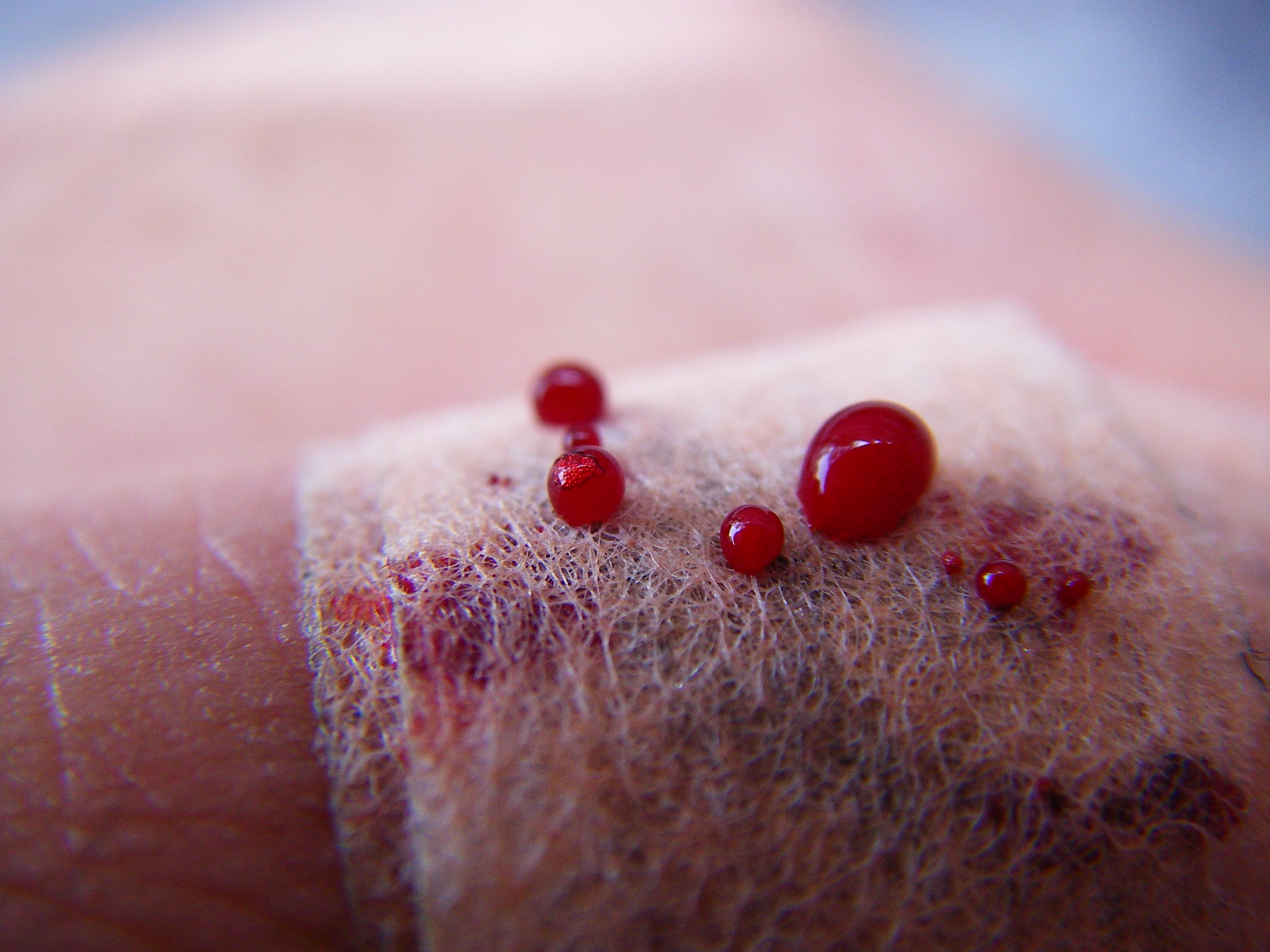MVPed
Going into my third year of medical school, my goals were simple: survive and figure out what I wanted to do with my life. My first clerkship was surgery, and what a chaotic start it was. I often felt like a burden on my team. I knew nothing and asked the exhausted, busy residents a lot of questions. I was a walking ball of anxiety those first four weeks: How many questions was too many? How many questions was not enough?









